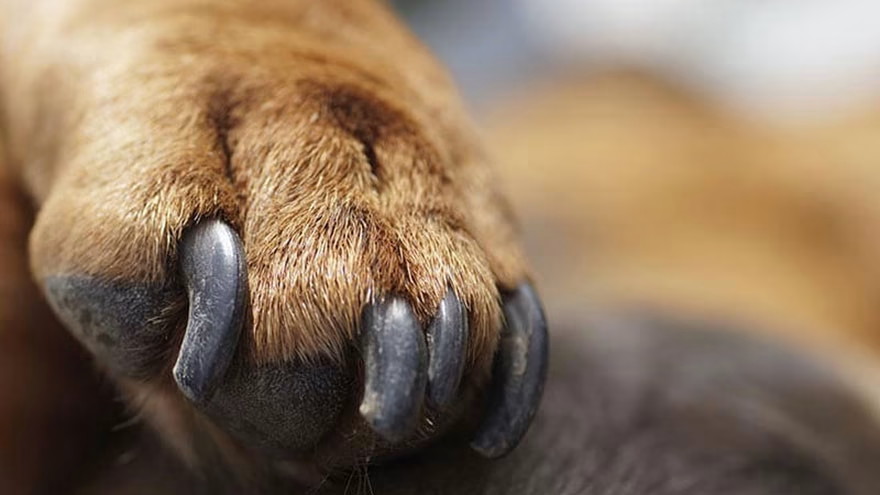Your veterinarian can provide you with the advice and medicine you need to help your dog recover from her urinary tract infection.
About Urinary Tract Infections
More common in female than male dogs, urinary tract infections are nearly always caused by bacteria. They frequently occur in dogs with weakened immune systems, those with an abundance of sugar in their urine or those who have diluted urine or a weak urine flow. Elderly male dogs who have not been castrated also may be susceptible to prostate infections that can spread throughout the urinary tract.When a bacterial infection travels to the bladder, it can cause inflammation (cystitis). Struvites are sharp stones that may form in an infected urinary tract. They are painful to your dog and usually require surgical removal.

Symptoms Your Dog May have a Uti
If your dog is having difficulty urinating, has blood in his urine, is urinating more often than usual or is urinating indiscriminately throughout the house, he may be suffering from a urinary tract infection. He may have no recognizable symptoms, particularly if he's been treated with long-term steroids or suffers from hyperadrenocorticism (Cusing's disease).A urinary tract infection that has traveled into your dog's bladder or kidneys may cause your dog to whimper, yelp, stop moving (due to pain), become lethargic or develop a fever.
Diagnosing a Urinary Tract Infection
Your vet will examine your dog to determine if he has any physical signs of trauma affecting his urinary tract, or masses that might indicate a possible cancerous condition. If she suspects your dog may have a UTI, she will order a urine or blood sample to be analyzed at a laboratory for the presence of bacteria
Treating Your Dog's Urinary Tract Infection
If your dog has a simple bacterial UTI, your vet will prescribe oral antibiotics for two weeks or longer. After the initial treatment, she will perform another urinalysis to be sure the medicine has eliminated the presence of bacteria in your dog's urinary system.
Severe Infections
A dog whose UTI has traveled into her kidneys or who has developed painful stones may need to receive IV antibiotics or have surgery. If her UTI is chronic, she may require long-term antibiotic treatment. Your vet may wish to recheck her urine every few months to be sure the infection is gone.
Home Care
Along with veterinary care, your dog with a UTI will need extra attention and nurturing at home to help him heal. Feed him high-quality, filler-free wet, rather than dry food, as the additional water content will help to dilute his urine and flush any bacteria from his bladder.Remove any uneaten food, and clean his bowl in between meals. Make sure his water bowl is clean and full.
Give your dog lots of love and reassurance, but allow him the quiet space he needs to sleep and recover from his illness.
Walk your dog frequently to encourage urination, which will help him to flush his urinary system of bacteria.
Forgive urinary mishaps while your dog is recovering from a urinary tract infection. This is not the time to enforce housebreaking rules. If your dog is incontinent during his illness, you may wish to cover the floor with newspapers in a confined area until he's feeling better. Be sure to visit him often, even though. Your love is the best medicine.
You Might Also Like :: Renal Failure and Lactulose in Dogs





0 Comments
No comments yet. Be the first to share your thoughts!
Leave a Comment